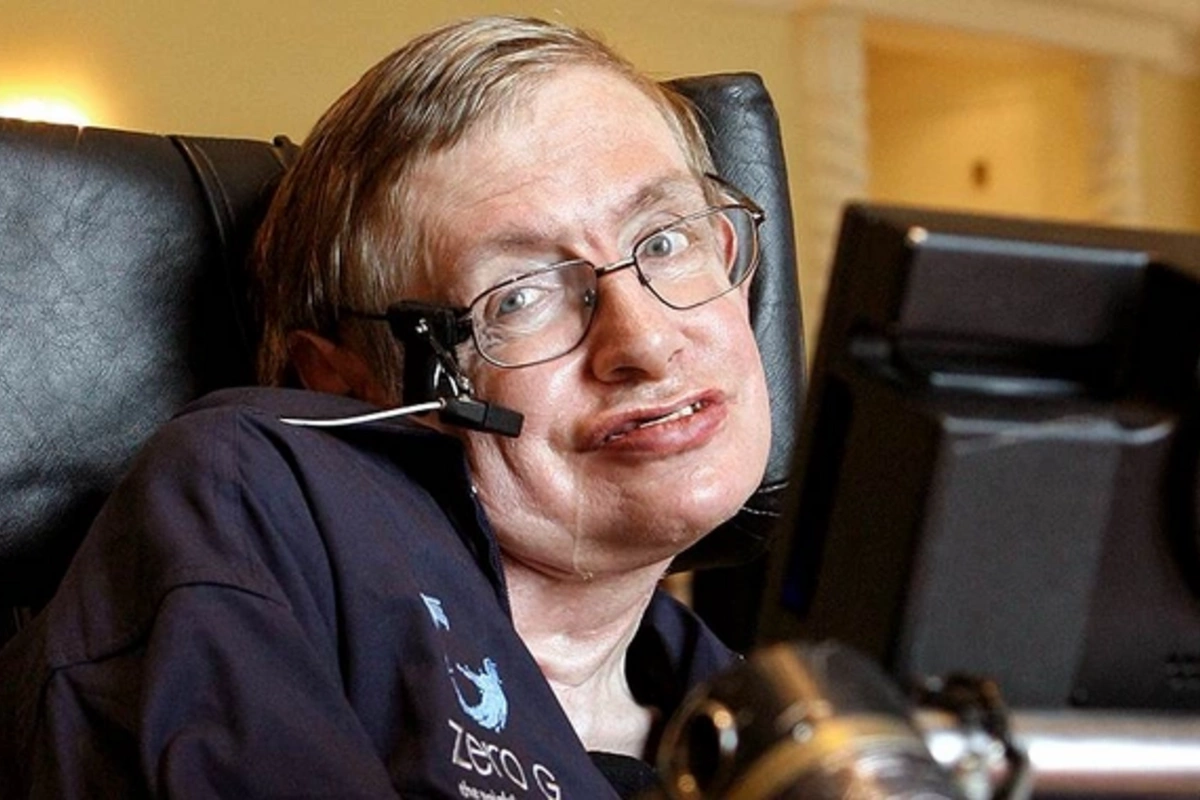26 May , 15:20
0

Stephen Hawking offered "the simplest explanation" for the existence of God
As reported by TUT.AZ with reference to Unilad, the outstanding theoretical physicist Stephen Hawking, who solved the most complex problems of cosmology, had a surprisingly clear position on the question of the existence of higher powers. The scientist tried to reconcile scientific and religious views on the universe by comparing their fundamental "laws".
In his last book "Brief Answers to the Big Questions," Hawking touched on the topic of God and religion, reflecting on his disability: "For centuries it was believed that disabled people like me lived under a curse imposed by God."
The famous physicist disagreed with this stereotypical assertion, offering an alternative explanation through the immutable laws of nature.
"If you want, you can say that the laws are the work of God, but this is more a definition of God than proof of his existence," the scientist noted.
Hawking spoke frankly about the possibility of God's existence and the afterlife:
"Each of us is free to believe in whatever we want, and I think the simplest explanation is - there is no God."
The scientist expressed the opinion that no one created the universe or controls human destiny.
"This leads me to a deep realization that there is probably neither heaven nor afterlife. We have this one life to appreciate the grand design of the universe, and for this I am extremely grateful."
He compared the human brain to a computer that stops working when its components fail.
"There is no heaven or afterlife for broken computers; that's a fairy tale for people afraid of the dark," he shared.
At the same time, the great physicist urged humanity not to forget to look at the stars, rather than at their feet.
"Try to understand what you see, and think about what makes the universe exist. Be curious. And no matter how difficult life may seem, there is always something you can do and succeed at," said the scientist.